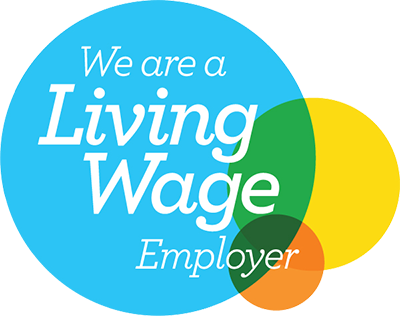
Procurement can drive best practice

The Brundtland Report, a 1987 document published by the United Nations’ World Commission on Environment and Development focused the human mind on the impact our consumption patterns, social and economic advancement has on the environment and natural resources. It defined the term sustainable development and drew attention to linkages between social, environmental and economic issues.
The report sees sustainable development as an effective approach to meeting the requirements of the present without impacting on the ability of future generations to satisfy their own needs. It encourages The United Nations, Governments and Businesses to make sustainable development a central doctrine. Sustainable development seeks to balance the needs of the present without jeopardising the prospects of future generations. It’s a global concept with implications for businesses at the highest strategic level.
The awareness of sustainable development increased substantially after this report, businesses began to scrutinise the impact of their operations as well as supply network activities that have societal and environmental effects. Along these lines, sustainable development has now been absorbed and translated by businesses into the three pillars of sustainability known as social, economic and environmental. These pillars should be of equal significance in terms of appraising business performance, and all three must be in equilibrium for long-run business viability. However, the drive for cost efficiencies has led to an acceleration in international and global sourcing. As a result, the extended supply chains of businesses have had a substantial impact on the social and environmental pillars.
The movement of goods from point of production to point of consumption have an impact on the environment whilst the drive for cheaper inputs have a direct impact on living standards. To eliminate this impact and ensure all levels of the supply network is acting in a sustainable and responsible way, businesses should map their supply networks and engage with suppliers to improve their performance and truly have a positive impact on sustainability. In this context, procurement is strategically and uniquely placed to develop and deliver supply networks that embraces and integrates the concepts of sustainability into the fabric of their operations.
Procurement can maintain best practice and drive change across the extended enterprise due to its detailed knowledge of business performance metrics that needs to be embraced and adopted by supply network participants. From a strategic perspective, incorporating sustainability criteria in the supplier selection, award and management processes can minimise or eliminate the negative impact supply networks have on sustainability. This will require procurement to track and verify supplier performance through effective supplier management approaches. Procurement must continue to scan the supply market for new technology and innovation that facilitates sustainability whilst also avoiding procurement practices that inhibits sustainability and increase vulnerability.
The sources of supply are key to overall business performance and therefore, sustainability is not only about the three pillars, but also the about the future of the business. If the components of sustainability are properly addressed, it can help businesses secure their future, improve efficiency, bolster profit, enhance their reputation and increase its attractiveness.
As we have seen recently, sustainability is a topical issue that continues to grab media headlines. There are much more businesses can do, and this will require effective utilisation of procurement. Therefore, the procurement professional needs to be knowledgeable about legislative standards as well political, social and economic elements that facilitates sustainability. Procurement needs to take the lead and continue to build its reputation as a strategic function.
By Daniel Usifoh








